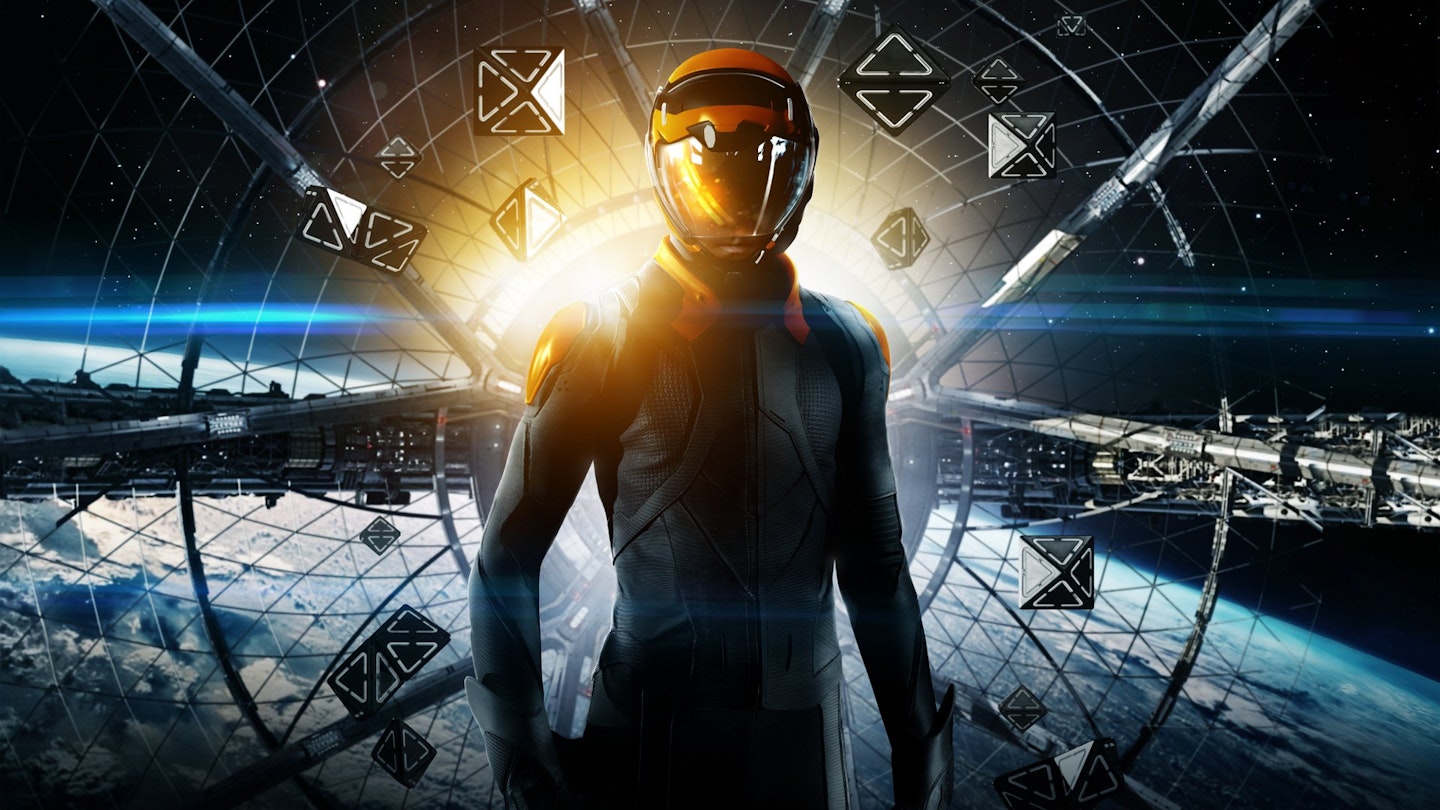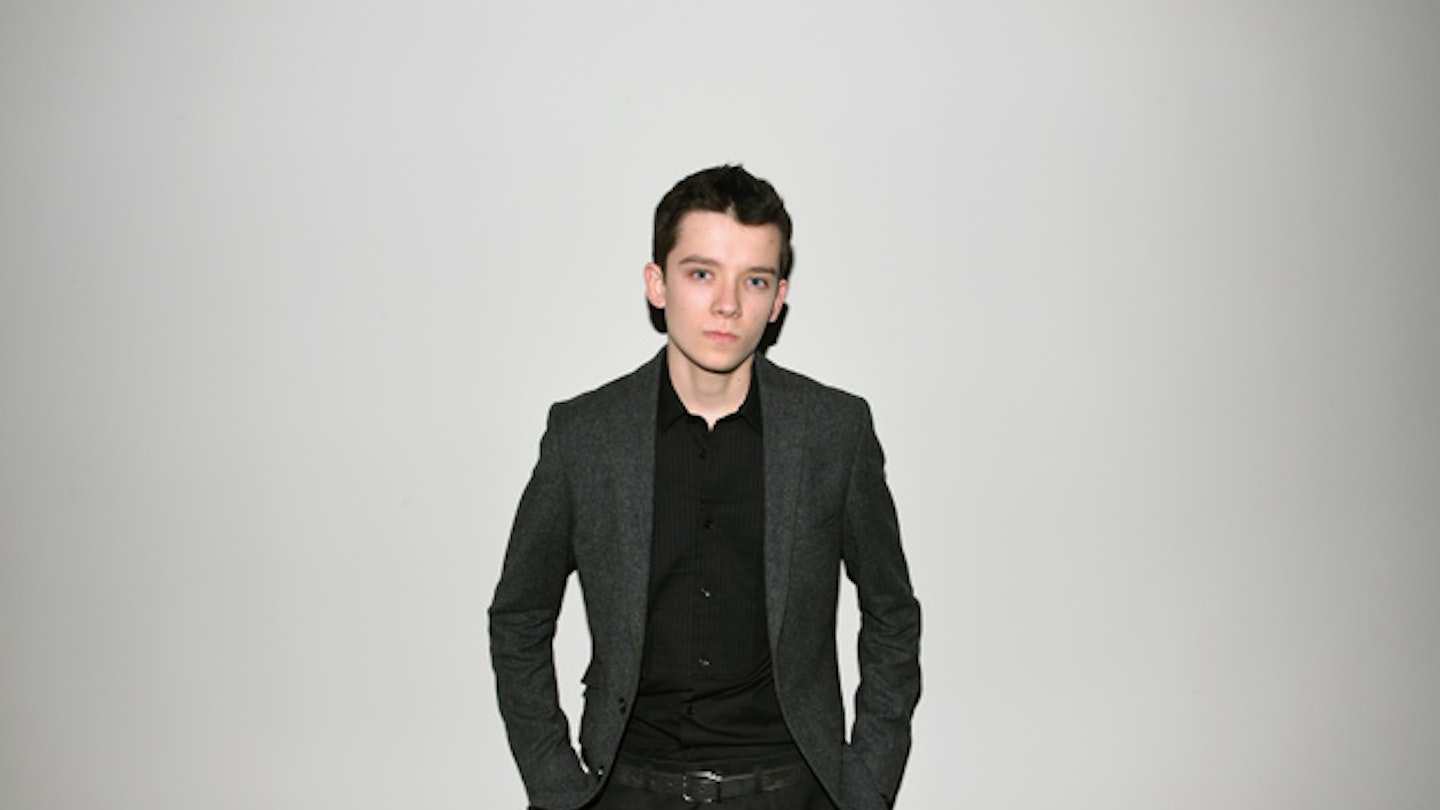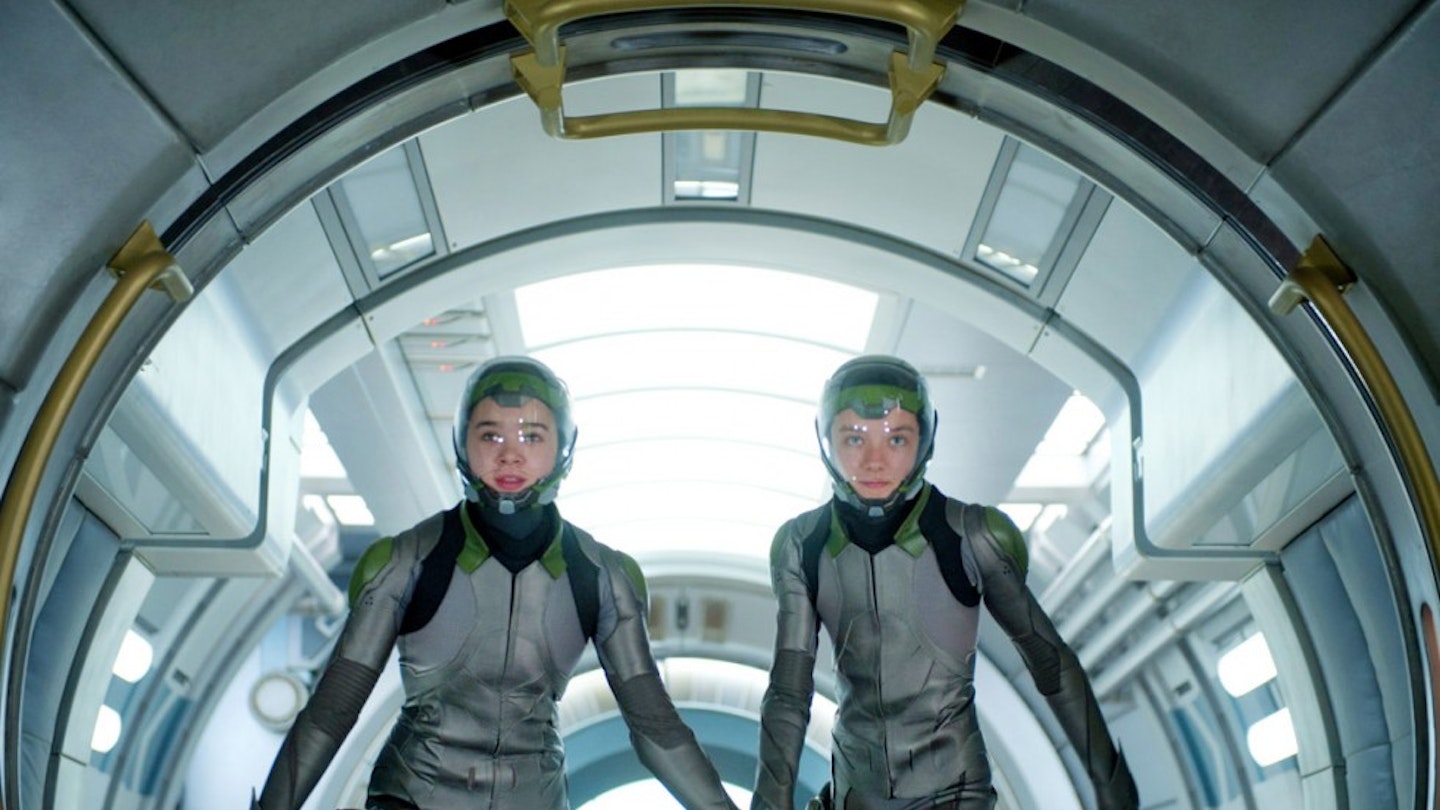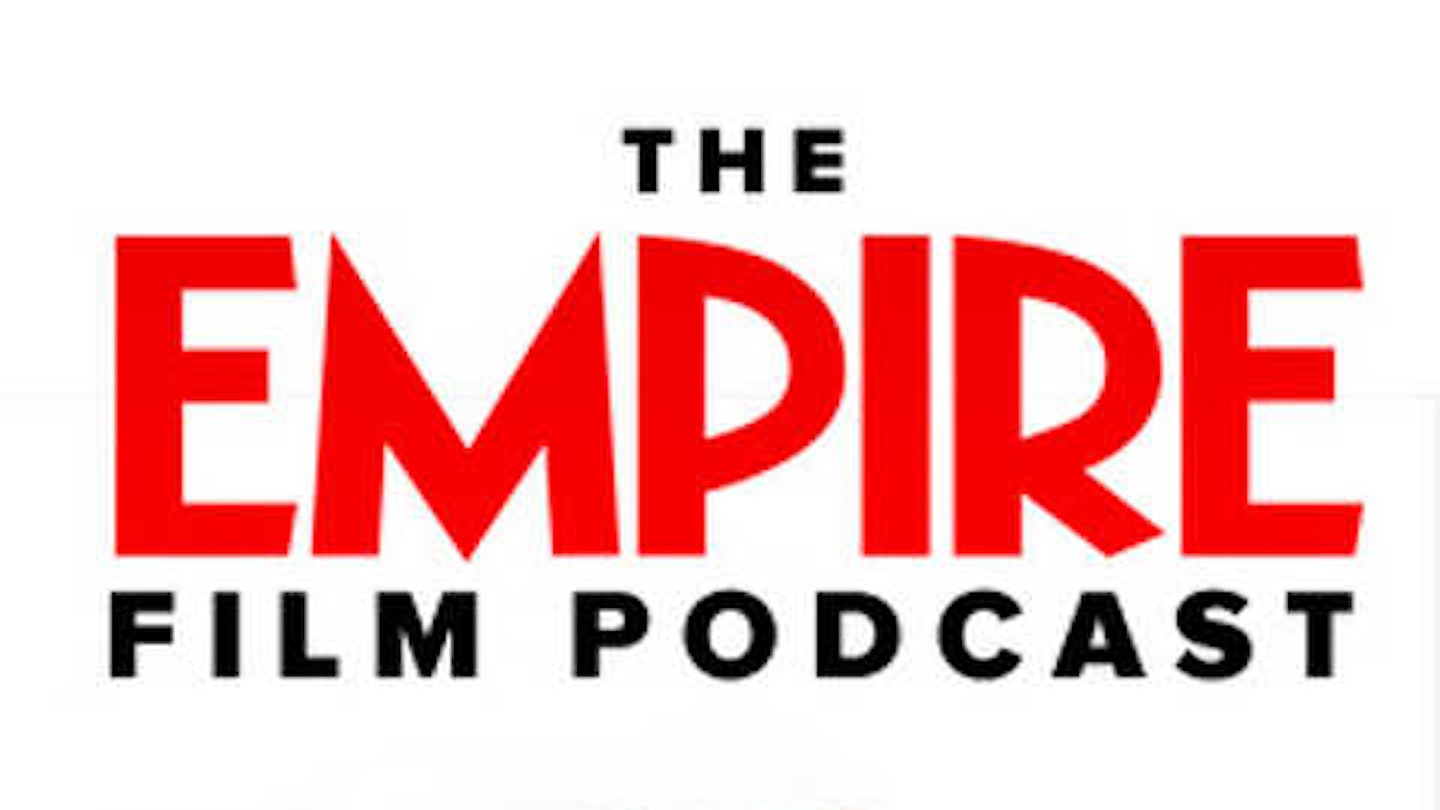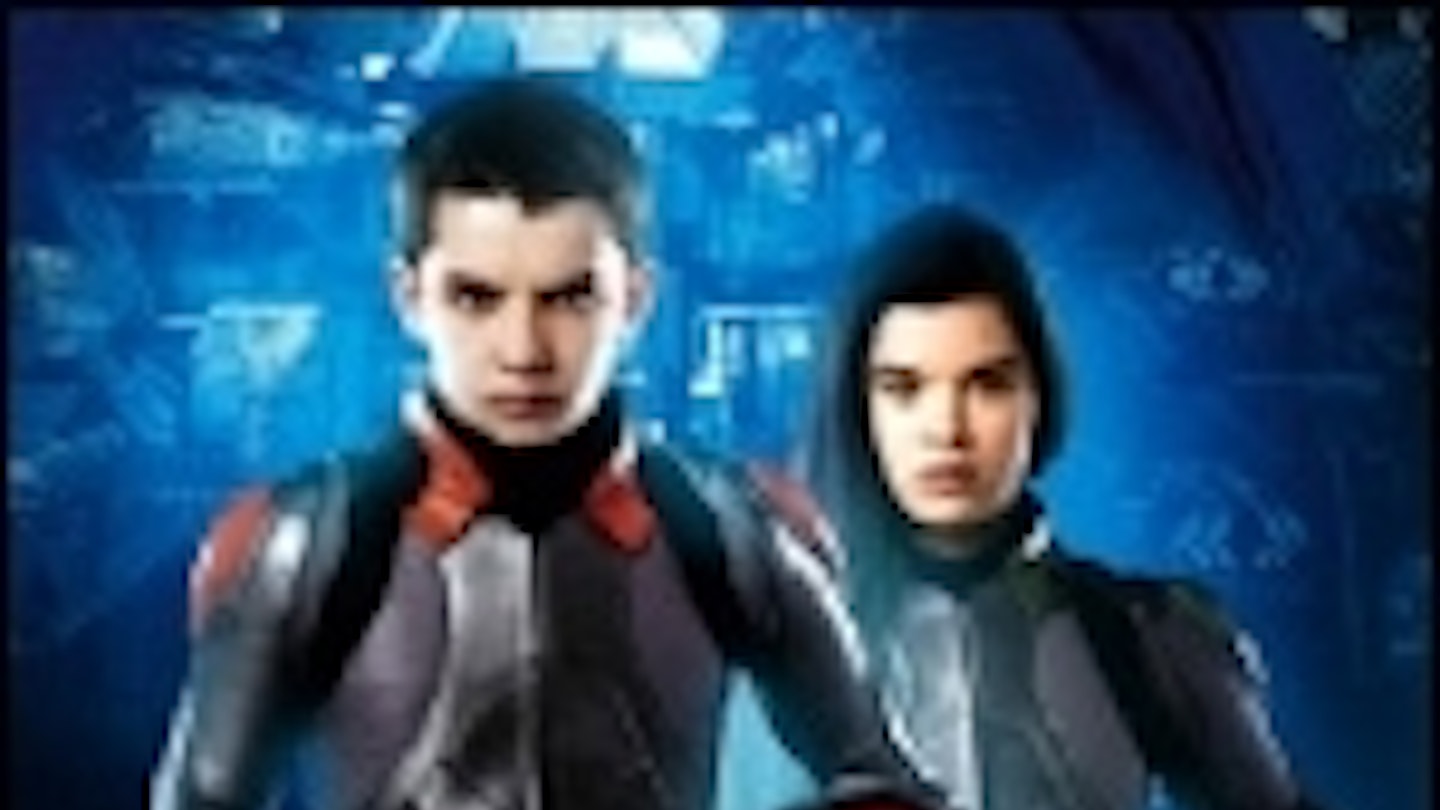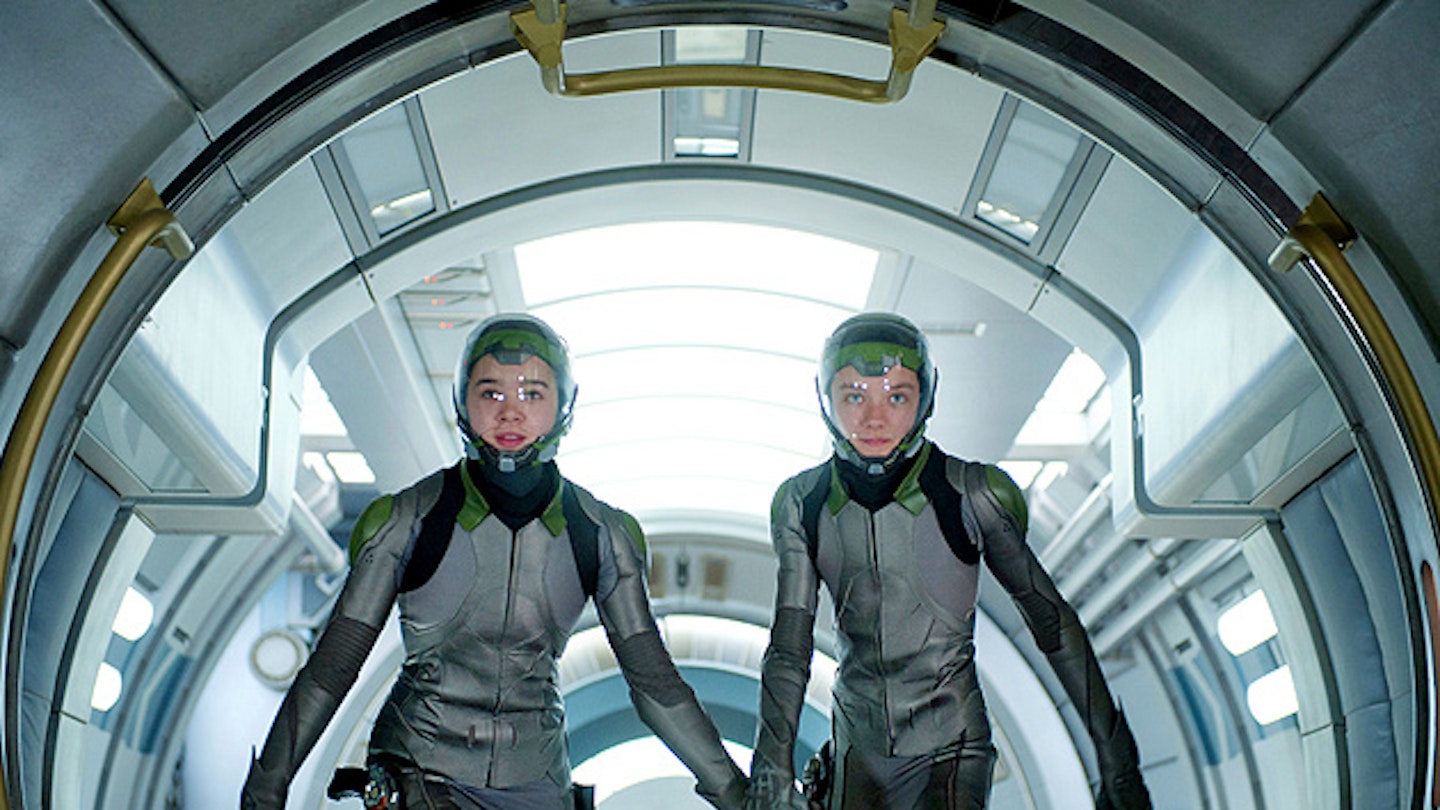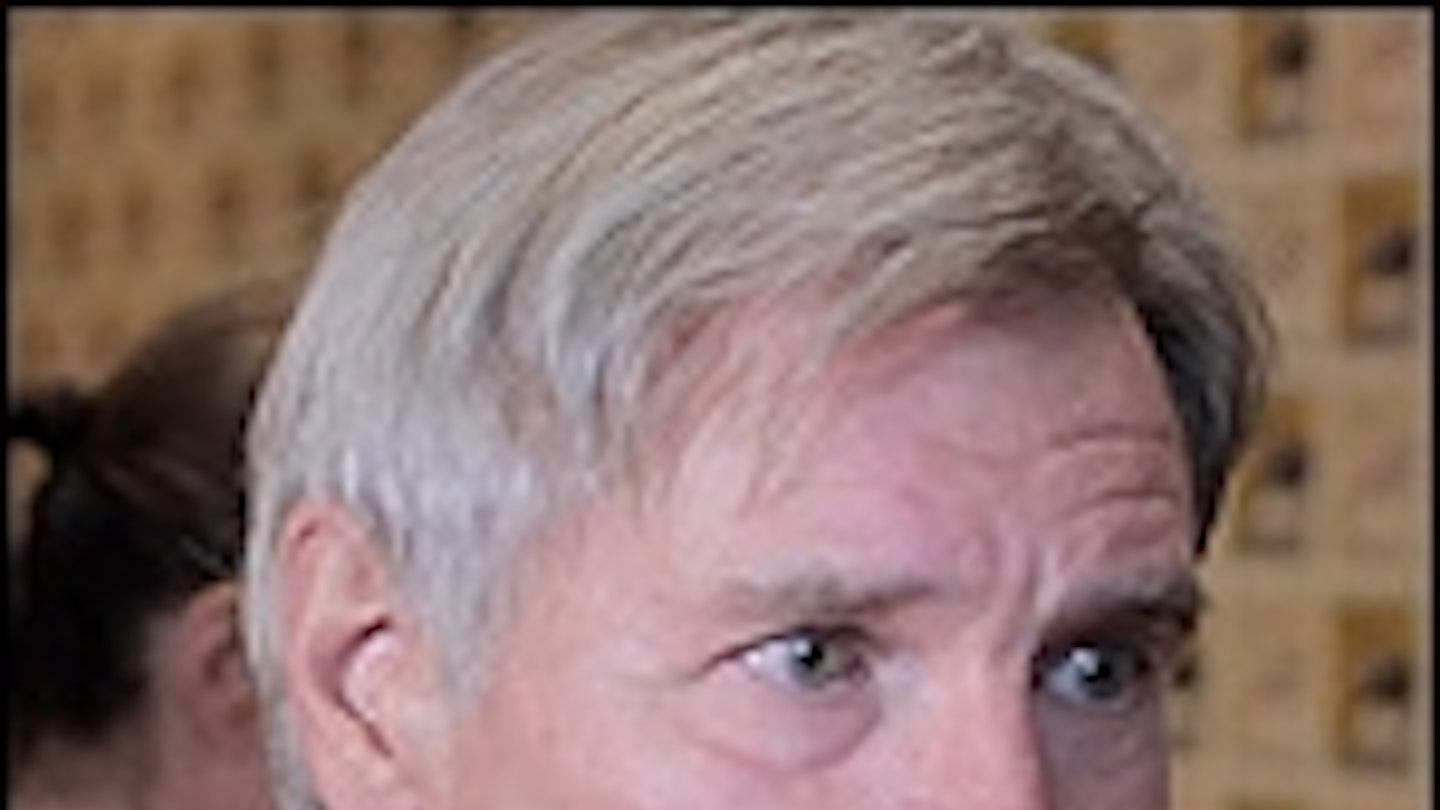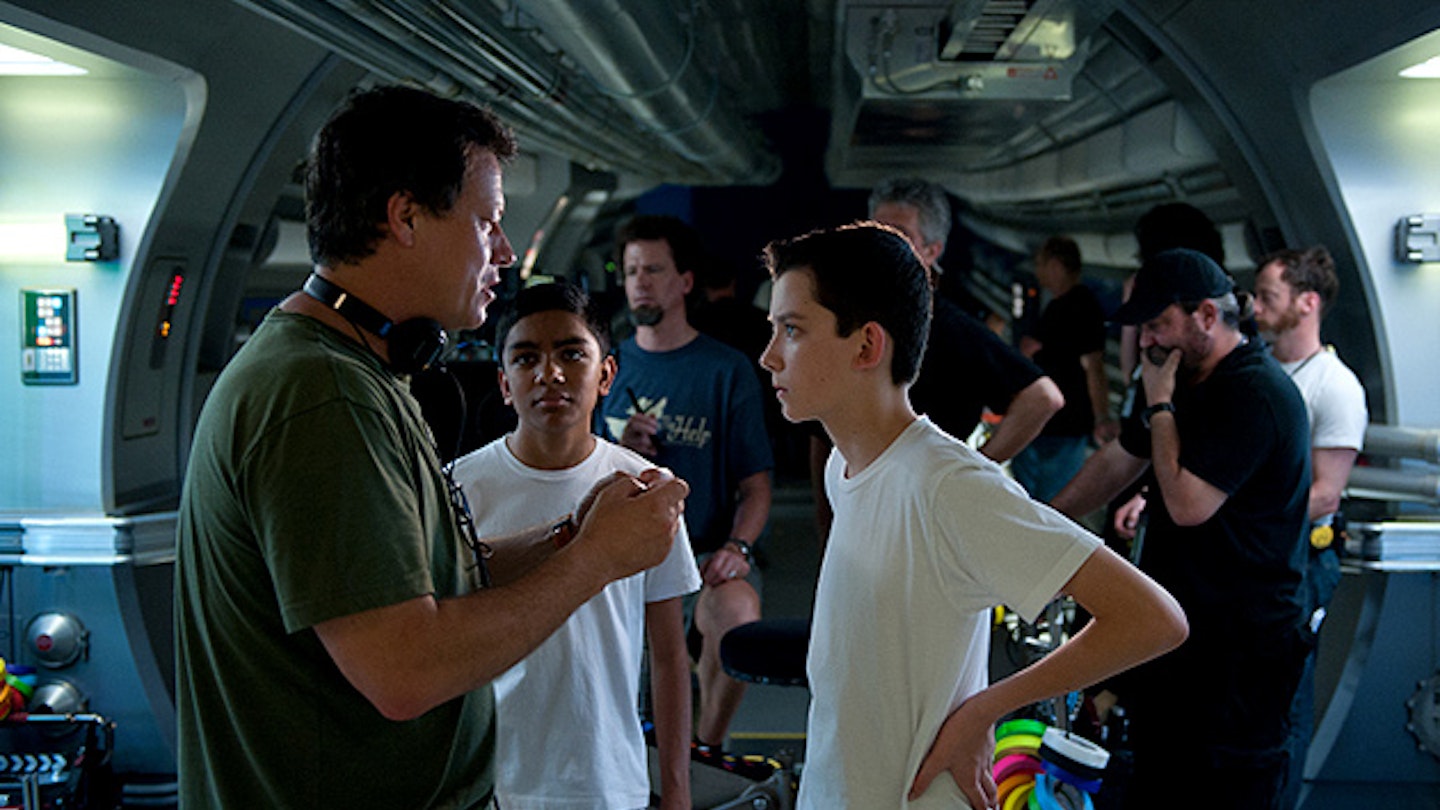Ender's Game is a very odd novel. Its focus is a six-year-old who is brutalised, and forced into brutality, in order to prove his fitness to become a leader capable of saving the world. Written by Orson Scott Card, nowadays a controversial figure, it’s barely cinematic, a sort of Full Metal Jacket for pre-teens, except the action doesn’t shift to the battlefield until halfway through and our hero is too smart to be indoctrinated. The story ultimately focuses not on war or even wargames, but Ender’s own struggle to reconcile his conscience with his capacity for violence.
No wonder this has taken more than 20 years to adapt. The frequent zero-G scenes in the Battle Room where the child candidates train proved a technical issue for early attempts at adaptation, but the main problem was the violence between children and the dubious morality of Ender himself. Commendably Gavin Hood’s film preserves these elements without becoming horribly grim (partly by making the children older), but can’t quite communicate the nuanced morality of the book.
Asa Butterfield’s Ender is a generally effective combination of childish vulnerability and steely ruthlessness. Harrison Ford’s Colonel Graff repeatedly strips him of comfort and sets him against ever more threatening bullies and challenges to test him to breaking point. It probably takes an actor as charismatic as Ford to get away with it, which he does, barely, despite the more compassionate pleading of Viola Davis’ Anderson.
The film’s problems are dialogue-based; the script never quite explains why these children are so important, especially given that Ben Kingsley’s war hero, Mazer Rackham, is still around. Losing the novel’s Earth-set subplot, focusing on Ender’s siblings, means that we also lose context for both the war effort and for Ender’s deep-seated fear of turning into his sociopathic brother. And there are moments that fail: after a particularly draining war game, Ender and his team stand around as though waiting for dinner rather than reflecting the trauma they’ve just witnessed. The result is a slightly flattened take on a world that Card brought to life.
